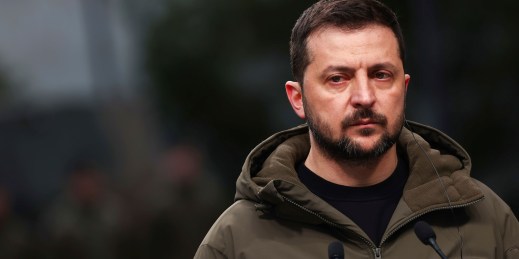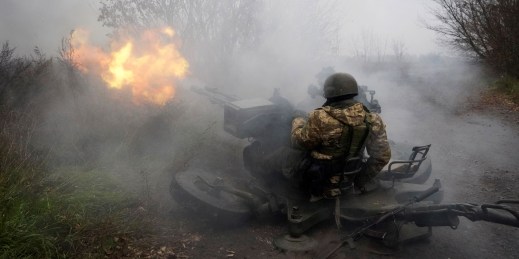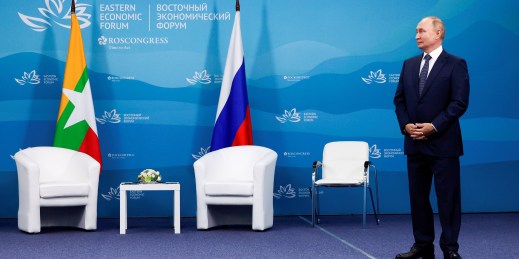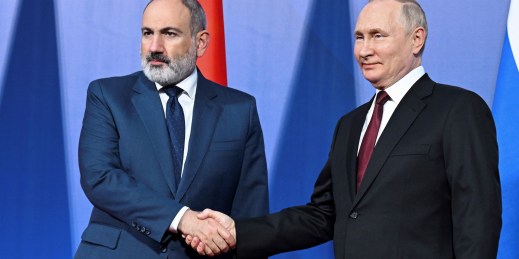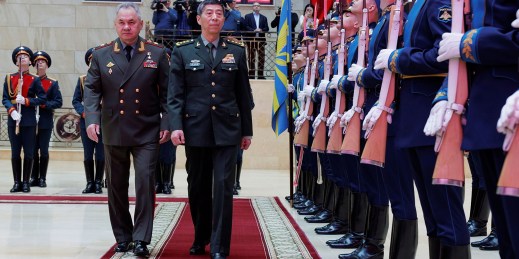
A civil-military relations crisis in the U.S. is actually the latest in a recent series of similar crises affecting the world’s major powers, including Russia and China. That raises the question: Is this simply a random series of unconnected events that all just happen to center around defense ministers? Or is there a deeper cause?

